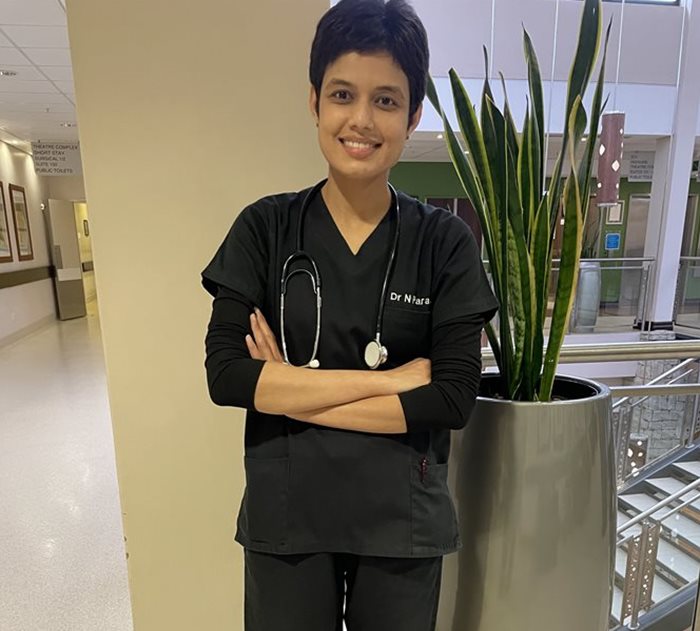






The health system is plagued by a quadruple burden of disease of escalating HIV and Aids infections and deaths; maternal and child disease; non-communicable conditions and illnesses such as cardiovascular disease, cancer and mental illness; and deaths from trauma.
We are struggling with a crippled system despite good policy and relatively high spending on health (9.1% of GDP).
Fragmented services between public and private sectors, shortage of health professionals, weak management, and lack of infrastructure and poor access to care have contributed to the crumbling system over decades.
The Covid-19 pandemic has proven itself as a catalyst for a healthcare revolution, with transformation in how, where and why care is delivered.
The post-pandemic healthcare sector is being shaped by innovation, which can improve efficiency, increase productivity, and optimise patient outcomes.
Innovation in healthcare can be defined as any improvements, simple or complex, that lead to improvements in the outcomes and patient experiences.
To stimulate novel healthcare solutions in the country, Regent has partnered with Siemens Healthineers to bring its global Innovative Think Tank (ITT) certification programme to offer South African participants the opportunity to develop innovations to challenges in our healthcare system.
Trending innovations in healthcare centre on digital transformation, telemedicine solutions, the internet of things, artificial intelligence and virtual reality.
Virtual reality is enhancing training of medical professionals, enabling more students to be trained over shorter periods of time.
Collaboration is fundamental to healthcare innovation as the cross pollination among industries, such as healthcare and information technology, will bring about the best solutions to some of these greatest challenges in healthcare.
It is for this reason that the Innovative Think Tank (ITT) certification programme run by Regent and Siemens Healthineers, is looking for applicants from healthcare, IT, engineering and business who will work in muliti-disciplinary groups to develop innovative processes and products that will make a valuable impact on healthcare in the country.
Programme participants will retain the intellectual property of their innovations.
The reality is that innovation in healthcare, from the simple solutions to eliminate waste and speed up processes, to the use of technology to enhance work and the provision of care, has the power to revolutionise the quality of healthcare in South Africa.
By embracing innovation in this robust and complex, rapidly growing sector, and by developing less costly, more accessible, and resource-friendly solutions, we can build a stronger system capable of serving the needs and expectations of our population.